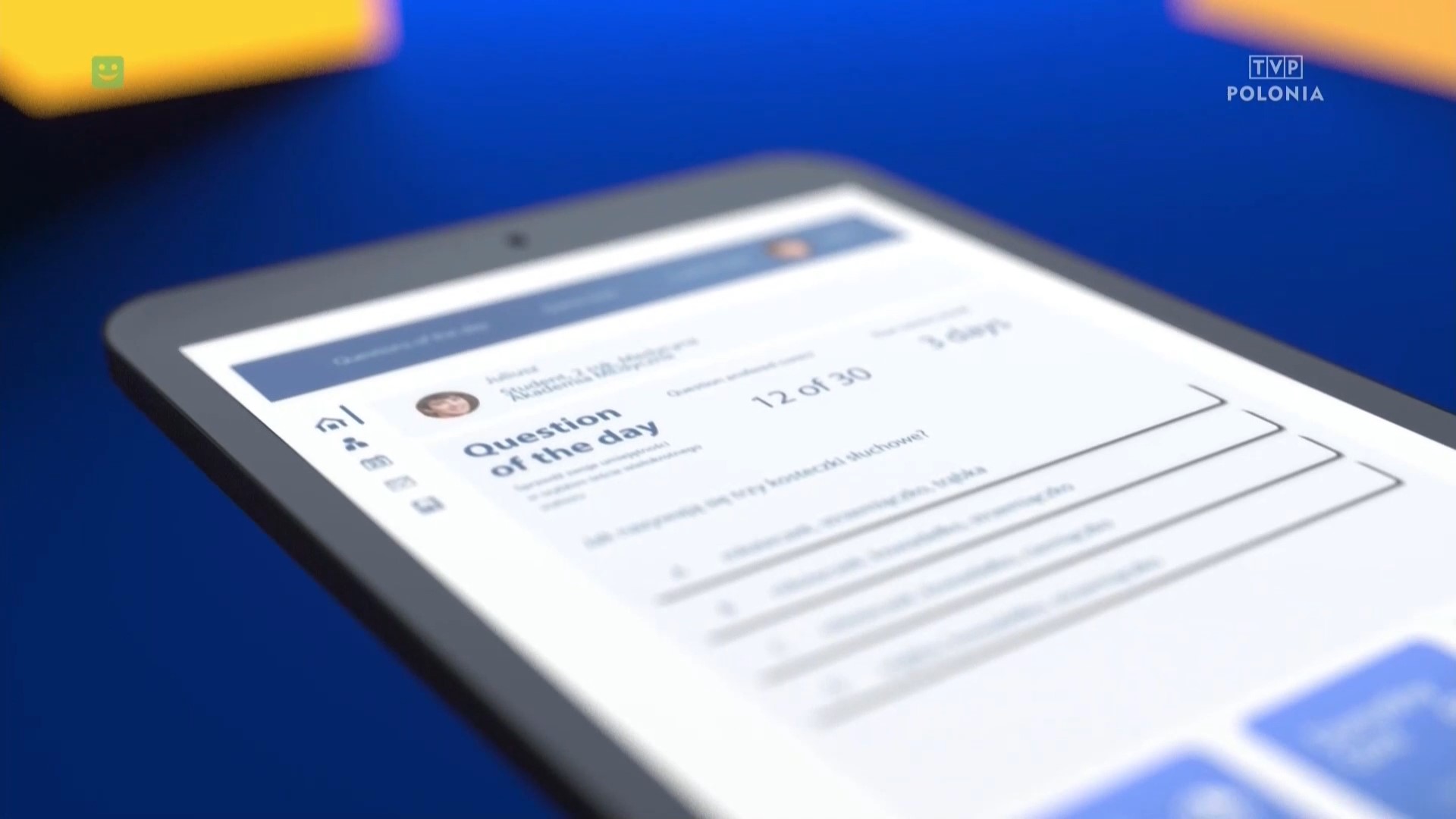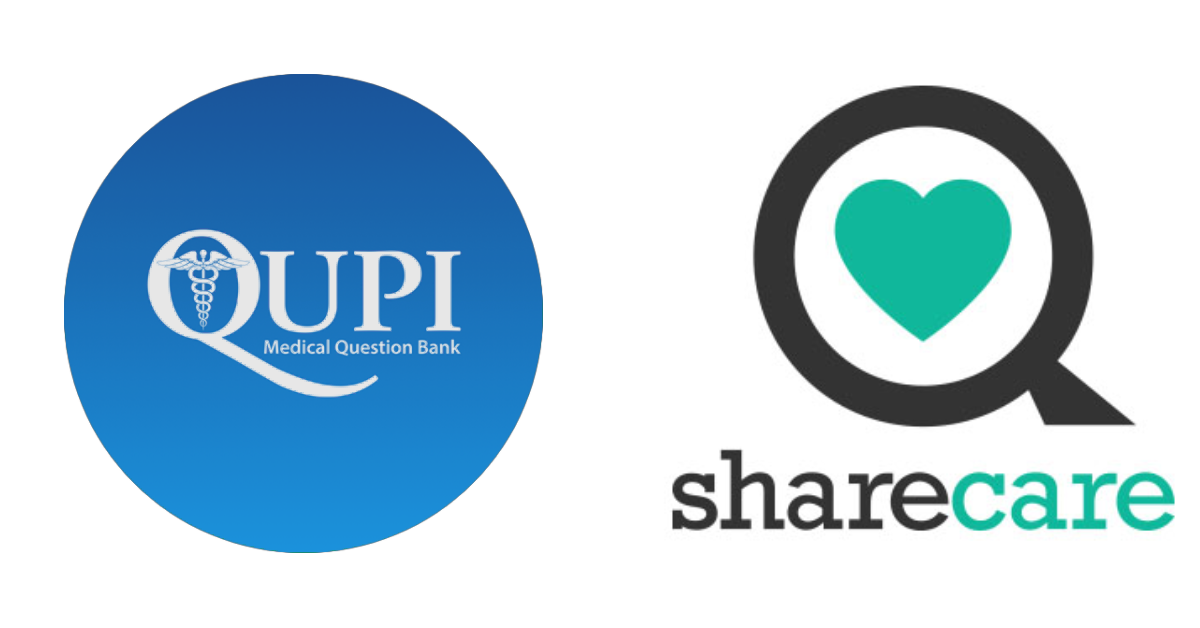No one enters medical school thinking it’s gonna be an easy ride! No matter how smart you are, learning everything that you need to know in order to become a doctor and practice medicine is a huge undertaking.
One day you’ll be making life and death decisions about real people, often in very high pressure emergency situations, so it’s small wonder that doctors need to train and study so hard! But sometimes it just feels like there aren’t enough hours in the day for you to learn everything that’s expected of you. After all, you’ve got 12 medical disciplines to cover, including immunology, microbiology, pathology, and the list goes on!
But instead of just working harder, harder and harder until the stress drives you crazy, why not try working smarter. Intriguing research has shown that the secret weapon for successful learning may actually be… happiness!
In my article entitled “Why We Need to Put the Joy Back Into Medical Education,” I examined happiness in medical school from a mental health perspective. In this article – written for medical students themselves – we’ll look at this from a practical perspective. In simple terms, you’ll learn about how you can harness the power of happiness to get better grades.
The Power of Happiness
Now I know what you’re thinking: Study and happiness? Surely these two things don’t mix! Especially with the summer coming up in much of the world, studying is the last thing you probably want to be doing all day. And yet science shows happy students are more motivated and achieve better grades than their more stressed and miserable peers.
A study reported by Harvard Graduate School for Education quantifies the benefits of happiness when it comes to success in learning:
- “Happiness is positively associated with intrinsic motivation (a personal drive to learn) for all students, and also with extrinsic motivation (outside sources like rewards, praise, or avoiding punishment) for students in grades K–3.
- Happiness is also positively associated with GPA for students in grades 4–12.”
A Virtuous Circle of Achievement and Reward
The feedback loop between happiness and learning can be an exciting one. Learning new things leads to a sense of achievement, which can give you a dopamine hit, which then increases your motivation and receptivity, allowing you to continue learning new things! So instead of the vicious cycle of stress and anxiety many students experience, by prioritizing your own happiness you can create a virtuous circle that will contribute to your success.
Of course, there will be down times, there are moments when the stress gets to us all. But making them less frequent, forgiving yourself, and allowing yourself to recover, make yourself happy, and recapture your motivation will ultimately get you back on track.
As Co-founder of the NeuroLeadership Institute Dr. David Rock says:
“Engagement is a state of being willing to do difficult things, to take risks, to think deeply about issues and develop new solutions. …Interest, happiness, joy, and desire are approach emotions. This state is one of increased dopamine levels, important for interest and learning.”
Practical Ways to Increase Happiness and Improve your Grades
But of course, studying alone is not enough to magically make this virtuous cycle enter your life! The stress, pressure and frustration are enough to truly sap the joy out of much of the process. But it shows us that learning should naturally be an enjoyable process! So how can we put this joy back into medical education?
Let’s look at two ways:
-
Create an immediate environment where studying is as pleasant and enjoyable as possible
Next time you sit down at your textbook, do what you can to put yourself in a positive frame of mind. This may mean brewing a warm cup of tea, putting on some pleasant (but not distracting) music to create an environment ideally suited to you.
If exercising puts you in a good mood, consider going for a run or hitting the gym before your study sessions. This way when you sit down at the textbooks you’ll be in a relaxed and pleasant frame of mind.
You can also look at new and creative ways of studying. QUPI.com – a medical study platform for which I am a brand ambassador – is looking into gamification as a way to make it’s multiple choice quiz program engrossing and fun. The idea is that it using the app to study feels more like playing a game than going through the grind of reading old textbooks, meaning you absorb information more quickly and without the pain.
-
Create a lifestyle as a student which contributes to your overall happiness
Depression is a major problem among medical students and doctors. With as many as 1 in 3 medical students affected by the condition, it’s clear that students are entitled to do more to prioritize their own mental wellbeing.
As more and more doctors and students are opening up about their struggle with mental health amidst the high pressure environment of medical school, this problem is finally moving into the open, and seeking help is becoming more accepted. If you feel down, definitely do not hesitate to take advantage of the help and student services made available to you by your university and community.
Even if you’re not depressed, some targeted changes in your lifestyle can help you to bring experience more happiness and as a result enjoy less stress and better grades. (And of course, happiness is a worthy goal in itself!).
Socializing is the key here, which community and social support underpinning mental wellbeing, particularly in a challenging environment. If you find yourself isolated in the library Friday after Friday night, consider giving yourself a break and joining a club or society. Taking one night off every now and then won’t have much of a negative impact on your study goals, but it can have a drastic positive impact on your overall happiness.
If you start looking at your study success holistically, as a result of your general mental healthiness as an individual, rather than merely as a product of how many hours you spend burning the midnight oil among the textbooks, then you may find yourself enjoying not only an easier time at medical school, but better grades as well!













